People in Myanmar border town flee to hills as military steps up attacks
The residents of a town in northwestern Myanmar have been hiding in jungles, remote villages, and valleys as the military advances into the town after days of fierce battles with local fighters.
The hill town, Mindat, near the Indian border, has been the scene of the most intense fighting since the military junta took power in a coup on February 1.
The military declared martial law in the town on Thursday before it launched a major offensive, using artillery and helicopters against a newly formed Chinland Defense Force, a local group that is armed mainly with hunting rifles.
The group said on Sunday that it had pulled back to spare civilians from being caught in the crossfire.
Citing residents, Reuters reported that as many as 5,000 to 8,000 people had fled the town, with roads having been blocked and the presence of troops in the streets preventing their return.
Food was also in short supply in the town, people said.
“Almost everyone left the city,” said a volunteer fighter, who said she was in a jungle. “Most of them are in hiding.”
According to a representative of the local people’s administrative group of Mindat, some 200 people, including women and children, had trekked across rocky roads and hills to avoid the military, carrying blankets, rice, and cooking pots.
The local group was attacked with heavy weapons when troops spotted smoke from their cooking fires, the representative told Reuters by phone. “We have to move from one place to another. We cannot settle in a place in the jungle,” he said.
Meanwhile, the United Nations children’s fund, UNICEF, urged security forces to ensure the safety of children in Mindat.
The United States and Britain also condemned the use of war weapons against civilians.
More than 800 people have been killed by the military since protests broke out in Myanmar against the military coup, according to the Assistance Association of Political Prisoners (AAPP).
Nearly 4,000 people have also been detained since Myanmar’s military overthrew the civilian government of de facto leader Aung San Suu Kyi and began a brutal crackdown on protesters.
US, UK, Canada impose new sanctions on junta
The US said it targeted the governing State Administrative Council (SAC) and 13 officials with sanctions, in a move that freezes any US assets of those listed.
The measures also generally bar Americans from dealing with them.
“Our actions today underscore our resolve and that of our partners to apply political and financial pressure on the regime as long as it fails to stop violence and take meaningful action to respect the will of the people,” US Secretary of State Antony Blinken said on Monday.
Canada said it imposed additional sanctions on individuals and entities tied to the Myanmarese armed forces.
“Canada stands with the people of Myanmar as they continue to fight to restore democracy and freedom in their country and we will not hesitate to take further action,” Canadian Foreign Minister Marc Garneau said in a statement.
Britain announced sanctions against the state-owned Myanmar Gems Enterprise, which had already been targeted with American sanctions.
Later on Tuesday, the United Nations General Assembly will vote on a draft resolution seeking an international arms embargo on Myanmar.
The resolution, to be put before all UN member states, “calls for an immediate suspension of the direct and indirect supply, sale or transfer of all weapons, munitions and other military-related equipment to Myanmar,” according to a draft published online.
Crisis risks overshadowing Rohingya refugee crisis in Bangladesh
Separately, the head of the UN refugee agency (UNHCR) said the crisis in Myanmar “risks overshadowing” the long-time crisis of the hundreds of thousands of Rohingya Muslim refugees who have been living in overcrowded camps in southern Bangladesh since fleeing a military crackdown in Myanmar’s Rakhine state nearly four years ago.
Filippo Grandi said the fate of the Rohingya was at risk of being ignored in the wake of the coup in Myanmar.
“The development in Myanmar risks overshadowing the fact that this is a crisis that pre-existed this development and will continue to be a crisis that needs to be addressed both in Bangladesh and in Myanmar,” Grandi said.
The UNHCR will launch an appeal on Tuesday for 943 million dollars to support humanitarian work in both the Rohingya camps and local Bangladeshi communities.
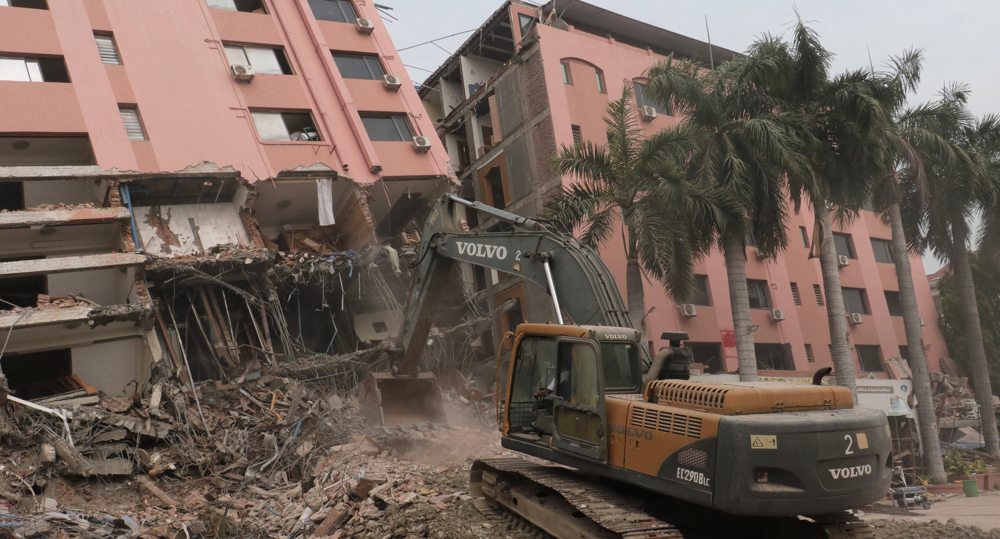
Myanmar quake death toll passes 3,300: State media
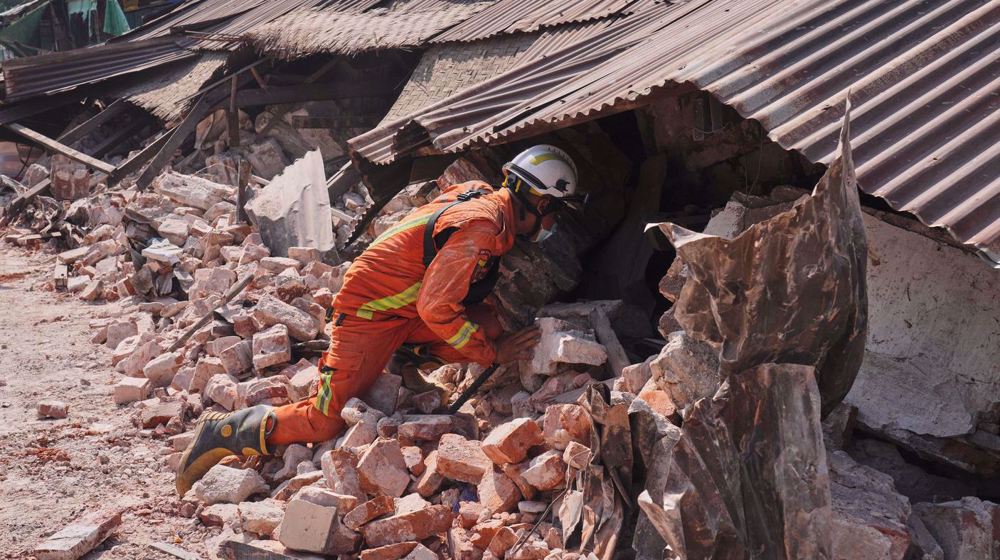
Death toll from Myanmar quake rises to over 3,085
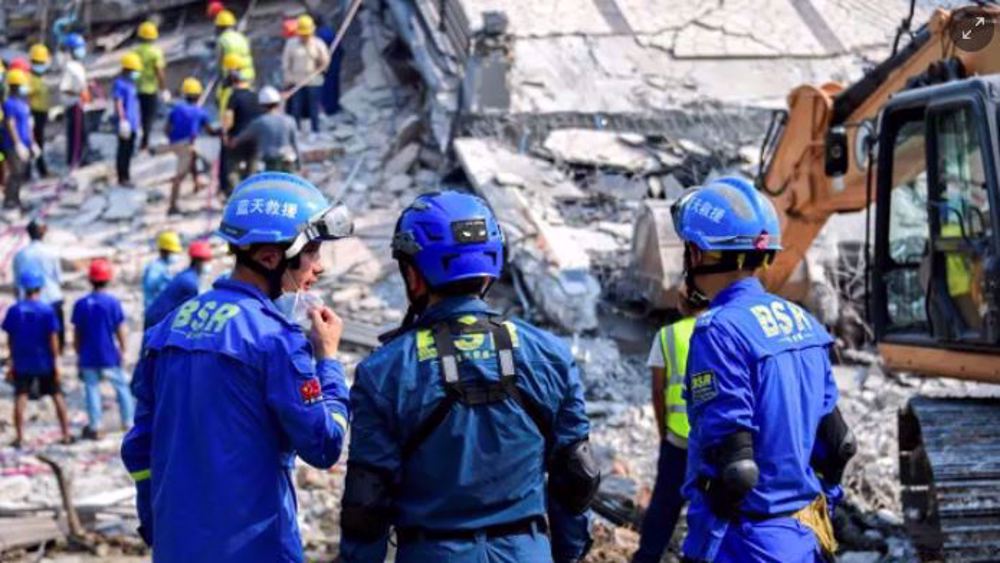
WHO warns Myanmar quake ‘top-level emergency’, seeks urgent funding
Harvard president says top university not to yield to federal demands over student rights
VIDEO | Hundreds of Israeli settlers storm Aqsa Mosque as West Bank raids claim another life
Israel-Meta nexus stifles pro-Palestine voices on Facebook, Instagram amid genocide
Iran gears up for largest trade event on upbeat mood
Leader: Indirect Oman talks ‘good’ in early stages but lack of trust 'remains' about other side
US slavery emancipation day celebrated in Washington
China calls for new Iran deal based on JCPOA; urges US to stop ‘maximum pressure’
IRGC: Iran’s military capabilities ‘non-negotiable’; national security ‘red line’


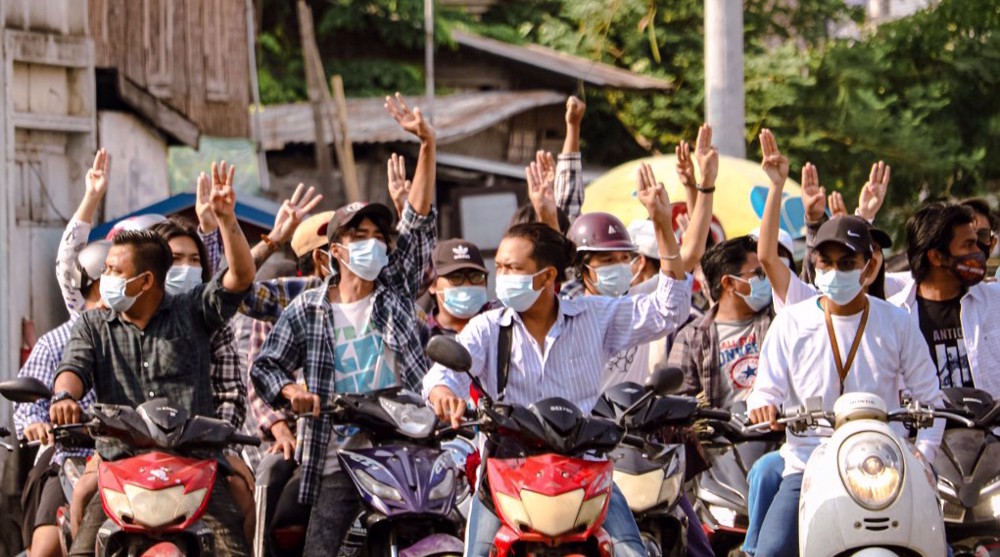





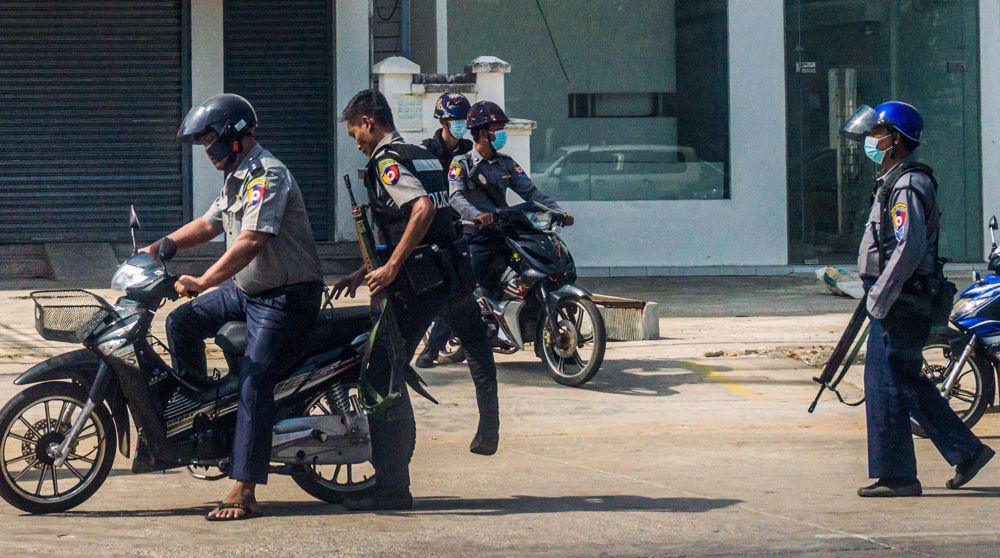
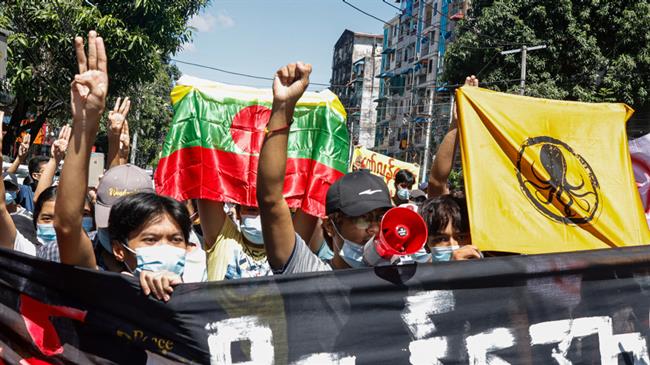
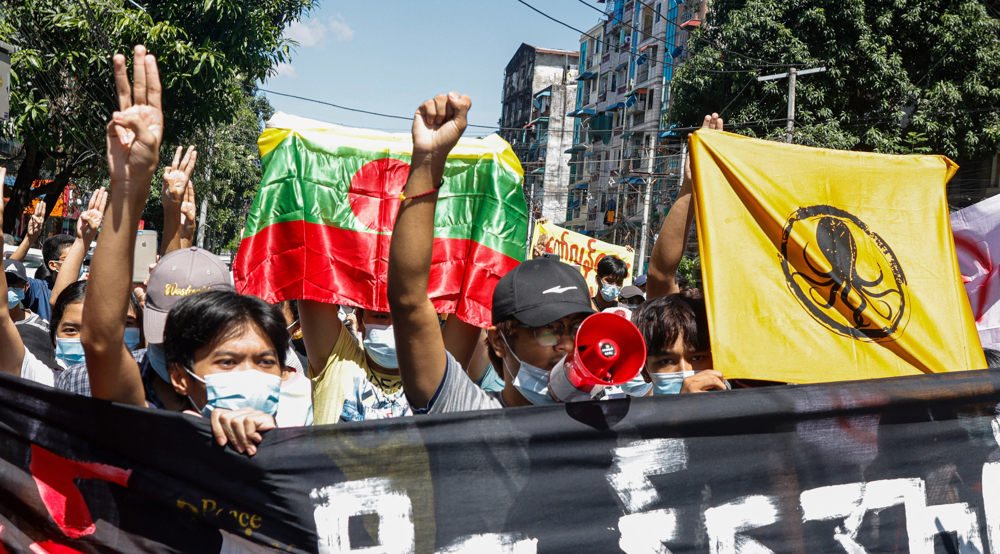

 This makes it easy to access the Press TV website
This makes it easy to access the Press TV website